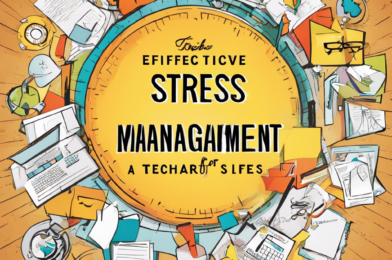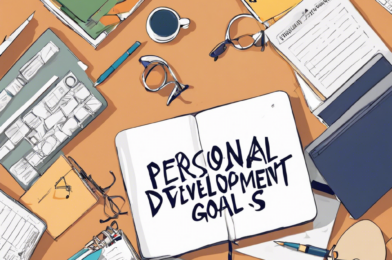The 7 Habits of Highly Effective People by Stephen Covey is a classic personal development book that has sold over 25 million copies worldwide. Covey presents a holistic approach to achieving self-mastery through developing good habits and an effective mindset. The habits revolve around taking initiative, having a vision, maintaining integrity, valuing mutual benefit and continuous self-renewal. It’s a highly practical book that can help you improve your productivity, relationships and happiness.
The Four Agreements by Don Miguel Ruiz is a simple yet powerful code of conduct based on ancient Toltec wisdom. The four agreements are: be impeccable with your word, don’t take anything personally, don’t make assumptions, and always do your best. Following these agreements can help you achieve freedom, happiness and inner peace by changing the way you see and interact with the world. It’s a quick read but the lessons will stay with you for life.
Think and Grow Rich by Napoleon Hill is one of the bestselling self-help books of all time. Hill spent over 20 years analyzing the success stories of famous entrepreneurs and identified 13 principles that lead to wealth and success. The principles revolve around having a burning desire, faith, and persistence to achieve your goals. Although the language is somewhat dated, the core message is timeless. This book has inspired millions to achieve extraordinary success.
The Power of Positive Thinking by Norman Vincent Peale teaches you how to achieve a positive mindset through faith in God and in yourself. Peale shares inspiring stories and practical techniques for developing optimism, self-confidence and resilience in the face of difficulties or failure. The book emphasizes that positive thinking can lead to greater health, happiness and success. It has resonated with millions of readers worldwide.
You Are a Badass by Jen Sincero is a fun, sassy self-help book aimed at helping you get off your butt and start living the life you want. Sincero shares hilarious stories and insights from her own transformation to help you build confidence, stop doubting yourself, embrace your fears and overcome obstacles. The lighthearted and conversational tone makes for an entertaining read. It will inspire you to stop making excuses and kick some ass.
The Alchemist by Paulo Coelho is a magical fable about following your dreams. It tells the story of a shepherd boy named Santiago who journeys to Egypt in search of a treasure. Along the way, he learns the universal language of omens, meets many spiritual guides, and discovers his true purpose in life. This poetic tale encourages you to listen to your heart, follow your dreams and never stop seeking your personal legend. It’s a short but beautifully written work of inspiration.






